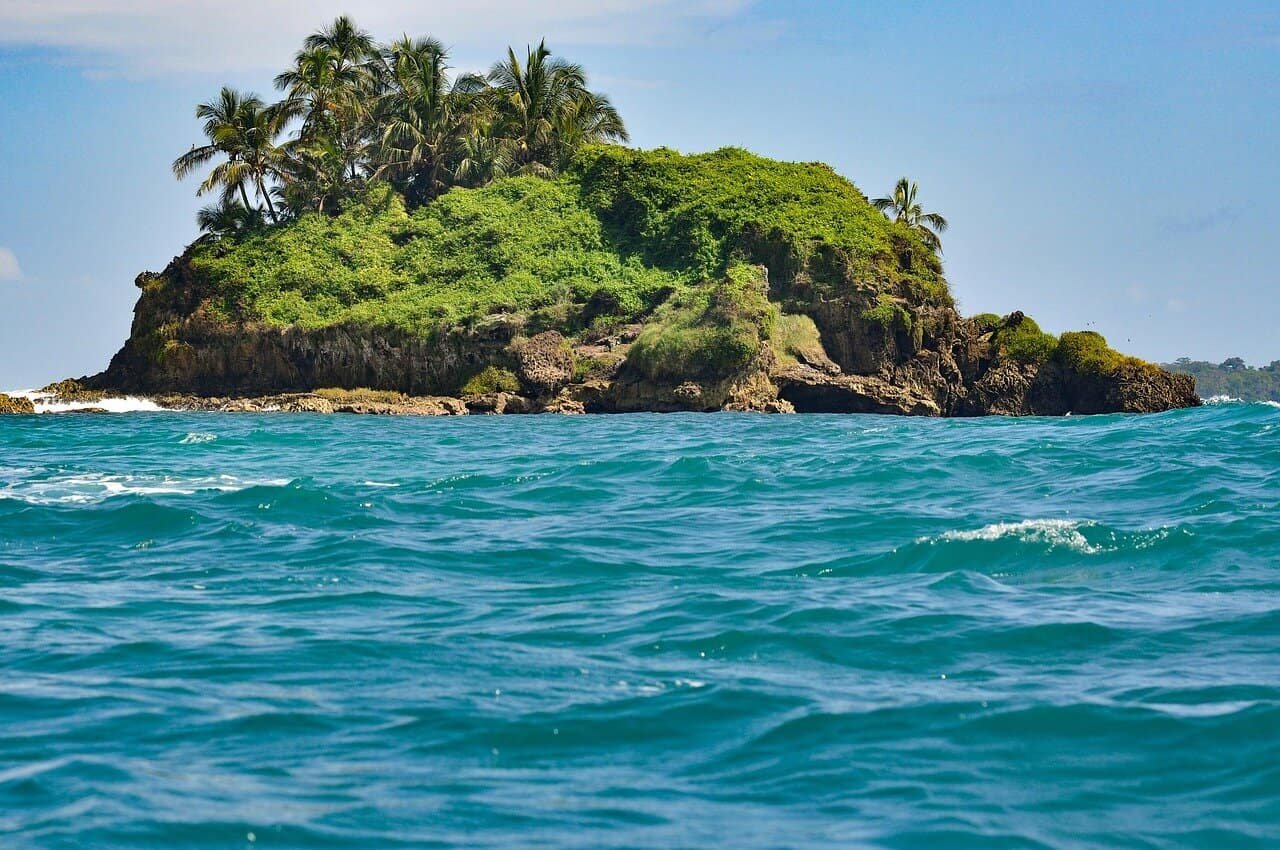Mexican authorities seized more than 2,000 kilograms of dried shark and ray fins bound for China early this month in what inspectors are calling “a historic bust.”
On June 11, the Federal Attorney for Environmental Protection (Profepa) announced it had intercepted the contraband in collaboration with the Naval Ministry (SEMAR) after the shark fins were discovered during a port inspection.
🟩 Profepa asegura 2,433 kilos de aletas de tiburón que pretendían llevar a Shanghai.
🌊🚢🦈
Las exportación al mercado internacional de tiburón toro, tiburón martillo común y tiburón sedoso se encuentra regulada por la Convención sobre el Comercio Internacional de Especies… pic.twitter.com/4aTEf4j3Hw— PROFEPA (@PROFEPA_Mx) June 12, 2025
Federal regulation prohibits shark finning, meaning that the exclusive use of the fins of any shark species is illegal.
The incident occurred in the port of Ensenada, Baja California, on a ship bound for Shanghai, China, Profepa officials confirmed.
“On June 5, Navy personnel alerted Profepa … [and] upon arriving at the Strategic Precinct of the Port of Ensenada, Baja California, inspectors found a container containing 135 sacks of various weights containing shark fins,” Profepa said in its press release.
SEMAR and Customs personnel found total weight of the contraband fins to be 2,433 kilograms. The fins belonged to species including bull sharks, hammerheads and silky sharks.
Profepa reported that some of the species identified are listed on CITES Appendix II, and some of the shark fins were taken from juveniles and newborn sharks. CITES Appendix II refers to species that, while not currently threatened with extinction, could become so without strict trade regulation.
The export of such sharks to international markets is regulated by CITES (the Convention on International Trade in Endangered Species of Wild Fauna and Flora) and since the ship’s captain did not possess the corresponding CITES certificate, the fins were seized.
A 2022 Brookings Institution report indicated that Chinese markets “are thickly intertwined in Mexico’s illegal economies, such as drug and wildlife trafficking and money laundering.
As the predominant source of precursor chemicals for Mexican criminal groups, Chinese money traders and businesses increasingly launder money for Mexican cartels and Mexico-China wildlife trade is becoming a mechanism to transfer value in illicit economies and bypass anti-money-laundering controls in U.S. and Mexican banks.
Various animal and timber products — especially shark fins and totoaba swim bladders — are used by the cartels to pay for drug precursors. The Brookings report says the increasing role of this payment method could devastate biodiversity in Mexico, especially as the cartels “seek to legally and illegally harvest more and more of a wider and wider range of animal and plant species to pay for precursors.”
With reports from El Universal and Excelsior




